
|
|
|
Communication is so important in a relationship, but for many, we have only the training we have received in our lives to guide us - and it's often wrong! Take empathy for example. We all know that it's the best way to listen, especially with a partner who needs us. But how is it done? And why is it so hard?
1 Comment
Tremors can be a frightening component of anxiety. They are experienced by many sufferers of anxiety, who are often uncertain what the cause may be. It's useful to know that, as anxiety lessens, so too can the body begin to suffer less from this condition.
You ain't daddy's little girl, I'm a little girl's dad - alter your perspective: change your life18/2/2017 It's amazing how changing your perspective can completely change your world. We so often get stuck in the rut of the way we look at things that we stagnate, repeat the same mistakes, and gradually become more and more disillusioned. But just how do you set about changing your perspective?
"Coming out" is generally how the process of letting people know you are same-sex attracted has come to be known. This process - and indeed it is a process - is different for everybody. It's also something that all same-sex attracted people have in common, having gone through their own "coming out" process. People often find taking that step to be one of the scariest things they'll ever do. An alternate way is the concept of "inviting in." It's a version of coming out that is increasingly being seen as a way to tailor the process to make it more manageable, and to be less daunting.
We are fast discovering how important a tool breathing is as a method of regulating mood and alleviating distress. While the links are still poorly understood, there is much to learn of immediate benefit, particularly if you are stressed, anxious, or fearful.
I often find people come to see me because they feel stuck. They're unhappy with their life, unhappy with where they're at, but can't see a way forward. Even those who have worked hard on understanding themselves can come to a point where the question becomes "What next?"
Not usually words that I would use as they bring up such strong images of war. But for some men, there is an internal battle being waged daily, a battle to keep up appearances, to not let the family down, to perform at work - all while feeling overwhelmed, hopeless, and worth nothing to nobody. And so, we divide, and then we conquer.
A study by the Black Dog institute has identified the leading causes of suicide in males in Australia, and at the same time identified some key ways to become involved in the process to help short circuit it.
In 2013, intentional self harm ranked 10th overall in the causes of death for males in Australia, and is the leading cause of death for males aged between 15 and 44. That fact is made even more alarming by the low rate at which men seek help - mirroring the reluctance of men to seek help for depression, or to seek help from a trained professional. What are the signs, and how can you help? People often come to therapy feeling completely overwhelmed by depression and anxiety, by anger or disappointment, confused as to what to do next. People often only come because someone they love has given them an ultimatum - get help or else. The despair that comes into the therapy space is very real, as is the person's belief that they are simply a broken down loser, with no hope, and no right to be. What if you could be separated from that belief, could see that belief is a choice, and begin to build for yourself a different way to be?
 It's a powerful statement; one made by Peter Kinderman, Professor of Clinical Psychology at the University of Liverpool during an interview on BBC radio 4's Today program. I often see clients that have been treated for their depression and anxiety in the "medical model" - That is, symptoms are presented to a GP or a psychiatrist, and those symptoms are treated with medication alone. All too often, those clients report a brief time of improvement, then a gradual worsening of their circumstances. Those individuals suffer a range of additional difficulties as a result of the medical treatment failing, including despair and shame that they are untreatable. Is the medication-only treatment perhaps part of the problem? A beautiful way to demonstrate empathy, that most elusive and powerful skill. What has been your experience of Empathy?
Forgiveness is being examined in mental health circles with increasing regularity, and the evidence that links forgiveness to mental health is becoming increasingly irrefutable. Forgiveness of others, forgiveness of self, and being forgiven by others are all linked in various ways to depression, particularly as we age. Developing and utilising forgiveness in therapy (and of course life!) is likely to be of great benefit.
The medical model of contemporary psychiatry relies heavily on the prescription of antidepressant medication. Indeed a multi-billion dollar a year industry is dependent on the ongoing prescription of psychotherapeutic medication, in Australia this is a practice largely undertaken by GP's. But what is the real efficacy of this medication. Does it work? And what are the long-term implications of it's use?
Language can be a tremendous barrier to being able to convey one's experience of anxiety and other conditions that aren't widely understood. Therapy is a good way to begin to name and expose those unhelpful inhabitants of our minds, but so too can art cut through to help. Artist Sophie Wright has created a wondrous series of 9 images that I think help to describe an experience of anxiety. Let me know what you think below! Next time you're tempted to tell someone to just get over it, stop yourself, and be kind instead. Many thanks to the work of Sophie Wright. Comments are most welcome below
Language is an extraordinary thing. It enables communication, the transmission of ideas, the teaching of skills and knowledge, and enables, some would argue, our ability to strive. Language is also the transmitter of prejudice and misunderstanding, the very things that perpetuate both pain and privilege. It's also the most powerful and useful tool for therapists. That's why I believe the inclusion of cisgender in the Oxford English Dictionary is such an important event.
|
Author
Chris is a Counsellor and Psychotherapist at Engage Counselling, Sydney Archives
April 2023
Categories
All
|
Contact: [email protected]
Engage Counselling: Personal and professional Counselling, Coaching and Psychotherapy for men in Sydney's Inner West, Newtown, Enmore, Stanmore, Marrickville, Camperdown, Chippendale, St Peters, Erskineville, Pyrmont, Darling Harbour, Balmain, Sydney, City, Broadway, Ultimo, CBD and surrounding suburbs.

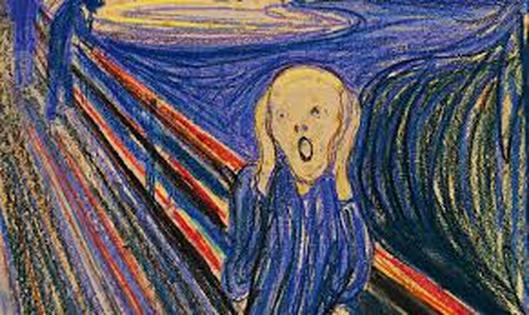



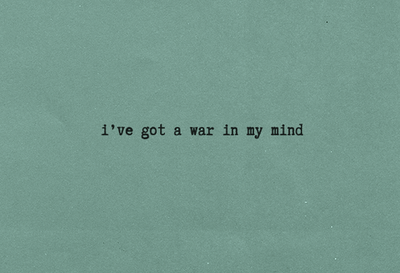

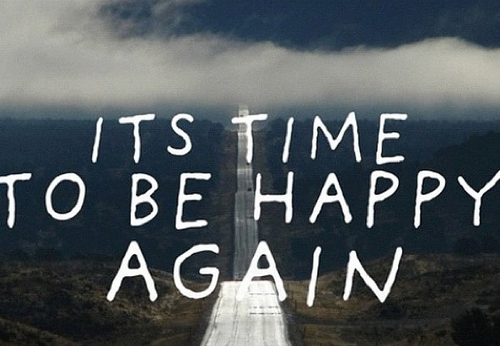
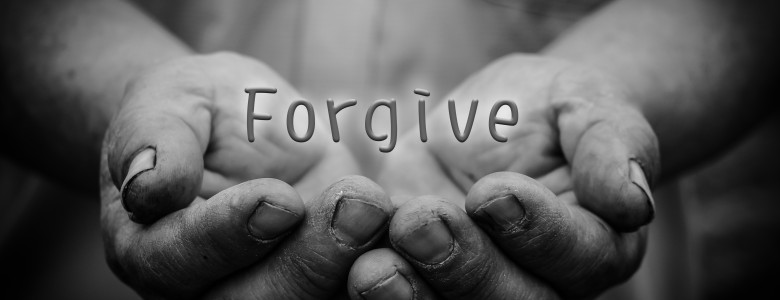
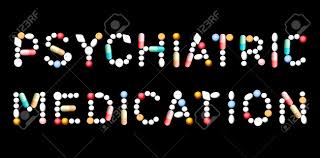
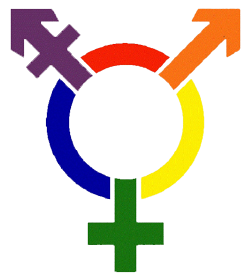
 RSS Feed
RSS Feed